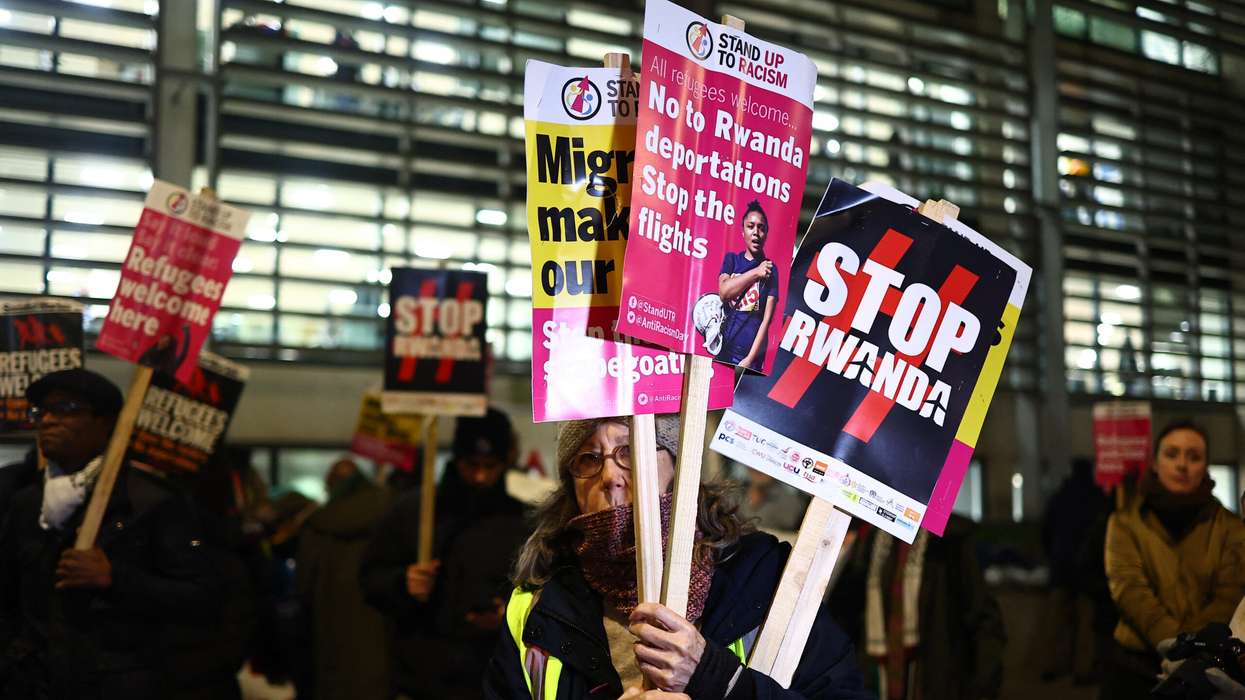VODAFONE on Tuesday (12) posted a net loss of more than €2.1 billion (£1.81bn) in its first half after India's Supreme Court ordered telecoms companies to pay long-standing bills.
In the six months to September 30, the British group's loss after tax stood at €2.128bn.
However, that was far less than its net loss of almost €8bn during the corresponding period one year earlier.
The latest results were affected mainly by "a loss at Vodafone Idea following an adverse legal judgement against the industry by the Supreme Court, partially offset by a profit on the disposal of Vodafone New Zealand," a statement said in reference to the group's Indian unit.
Vodafone's underlying performance showed an operating profit compared with a previous operating loss, meanwhile.
"I am pleased by the speed at which we are executing on the strategic priorities that we announced this time last year," chief executive Nick Read said in the earnings statement.
Vodafone shares jumped 1.8 per cent to 163 pence after it raised its guidance for full-year earnings.
One year ago, Read launched a €1.2bn cost-cutting plan after Vodafone had taken a €3.5bn writedown on the declining value of activities in India, Spain, and Romania.
Vodafone had also made a €3.4bn loss from the sale of Indian operations.
Last month meanwhile, beleaguered Indian telecoms companies were told to pay a combined $13bn bill.
After a two-decade legal wrangle, the Supreme Court ruled that telecom firms had to pay the amount in past spectrum and licensing fees.
(AFP)



